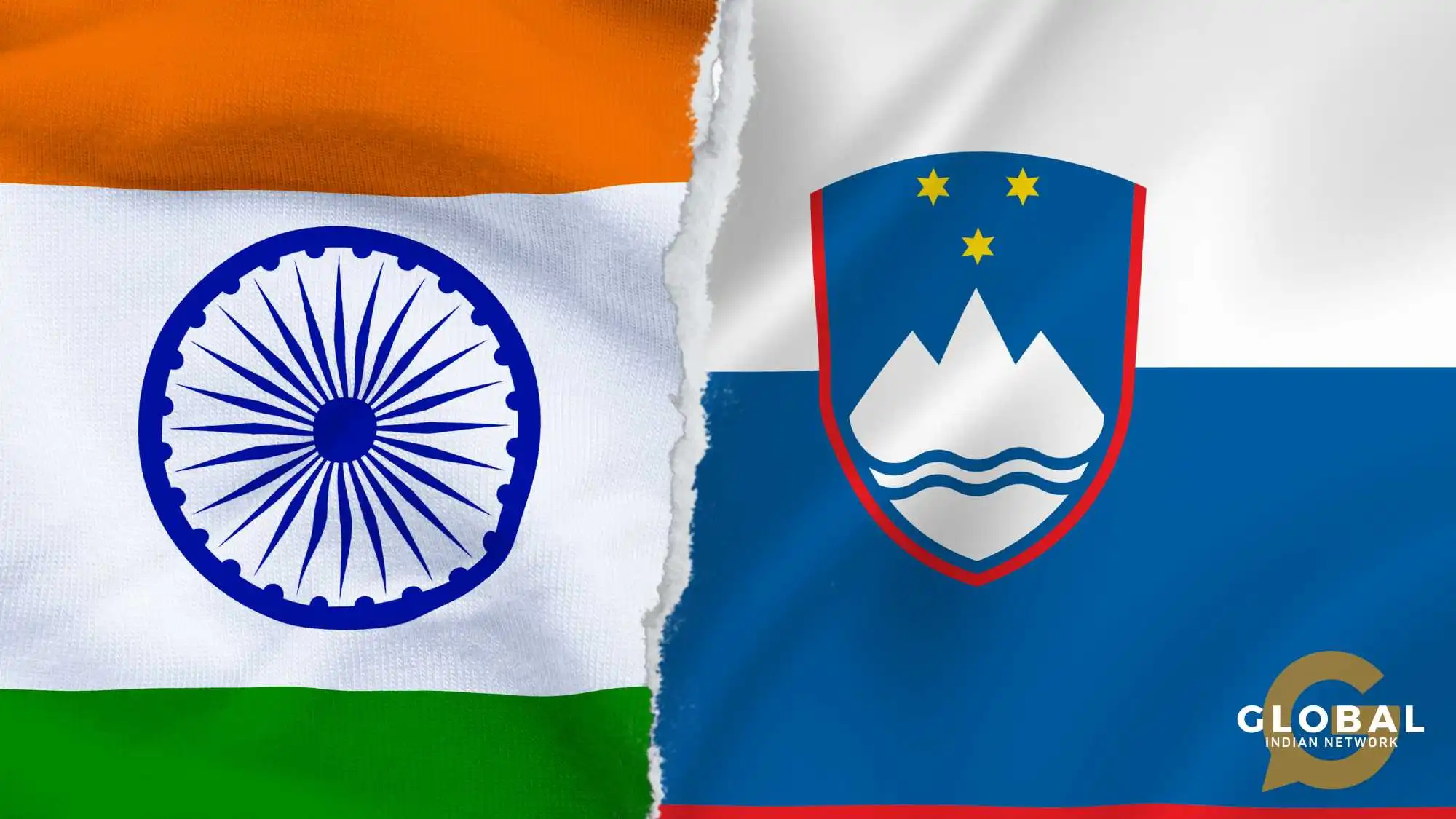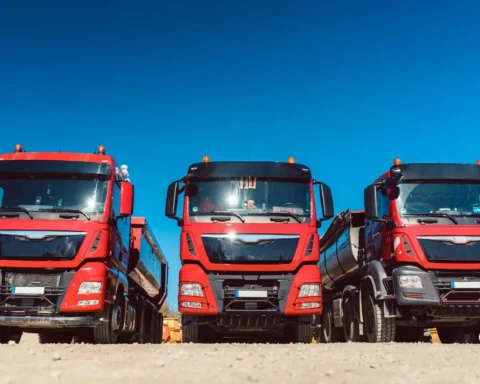Since establishing formal diplomatic ties in 1992, India and Slovenia have forged a reliable trans-continental partnership, engaging in mutually beneficial exchanges spanning trade, investment, science, technology, and culture. As Slovenia enters its 31st since Independence, both nations anticipate expanding their collaborative efforts beyond current realms. The evolving landscape of science and technology has ushered in a new era, presenting opportunities for enhanced technological cooperation in India-Slovenia relations. The spotlight is on high tech for its innovative prowess and Clean Technology as an environmentally friendly mode of production, aligning with the goals of modernisation and sustainable development.
India and Slovenia have maintained cooperation in Science and Technology since 1995, with a focus on renewable energy. Slovenia aimed to generate 25% of its energy from renewable sources by 2020; a collaboration between the Energy Transition Accelerator and the World Bank aims to scale up clean energy finance globally. The target was successfully met in 2022 thanks to a surplus of green energy transferred from Croatia.
This article will explore the emerging strides in India-Slovenia cooperation in high-tech and clean technology and how it can advance the two countries’ collaboration.
High Tech and Clean Technology: What Sets Them Apart?
Standing at the forefront of modern scientific and industrial innovation, High Tech and Clean Technology are in the 21st century what oil, termed ‘black gold’, was in the 20th century. In the current digital era, cutting-edge high tech like Artificial Intelligence (AI), Robotics, Cloud Computing, and Internet of Things (IoT) have not only revolutionised lifestyles but also transformed production methods. Meanwhile, Clean Technology has emphasised environmental preservation, working to find the right balance between resource sustainability and efficiency.
Through renewable energy, eco-friendly transportation, and recycling processes, clean technology advocates responsible industrial practices. Notably, high-tech and clean technologies can achieve a seamless synergy that intertwines innovation and eco-sustainability.
Key National Achievements in High Tech and Clean Tech
India
India has positioned itself as a major High-Tech manufacturing hub, its IT industry alone generating over $150 billion annually. Renowned multinational tech giants, from Apple to Microsoft, have established their presence in India, capitalising on the abundant talent pool and cost-effective labour. Initiatives like ‘Make in India’ have successfully attracted foreign investments to develop and manufacture high-quality hardware and software utilities. India also boasts the world’s third-largest startup network, with 21 companies valued at over $73 billion working on cutting-edge technologies such as AI and nanotechnology.
In the field of Clean Technology, India has been taking impressive steps towards advocating for renewable energy, focusing notably on solar and wind power. In 2019, India secured the fifth position globally in terms of wind and solar power and ranked fourth in total installed renewable power capacity. British Business Energy, a UK-based analytics firm, bestowed India with a third-place ranking for its substantial investments and ambitious plans in the clean energy sector, amounting to billions of dollars. Notably, India’s impressive accomplishment of achieving 38 per cent renewable energy generation in 2020 positions it favourably to surpass the targeted 40 per cent set for 2030, as per the commitments outlined in the Paris Climate Agreement.
Slovenia
Slovenia has been, for some time, a key player in European high-tech industries, particularly in AI and Robotics, qualifying the country as one of the leading destinations for research and development in Europe. It is home to the International Research Centre on Artificial Intelligence (IRCAI) in Ljubljana, established under UNESCO, enhancing its position as a hub for AI research and development in Europe. Slovenia’s prominence extends to the field of robotics, with Yaskawa, a major global robot manufacturer, establishing a factory in Kocevje to cater to the European market.
Yaskawa’s new factory in Kocevje is expected to be operational in 2025. The factory will produce a variety of industrial robots, including robots for welding, painting, and assembly. The factory will also have a research and development centre focusing on developing new robot technologies. The new factory building offers capacity for the manufacture of up to 10,000 Motoman robots per year.
The ‘Invest Slovenia’ campaign, an initiative by the Slovenian government, actively encourages global tech and robotic companies to invest in high-tech production for the domestic and international markets.
Slovenia excels in clean technology and is a global leader in recycling. Ljubljana, Slovenia’s capital, stands out as the first European Capital committed to achieving zero-waste status. Hosting one of Europe’s largest waste treatment plants, Ljubljana uses advanced technology to recycle over 75 per cent of its waste, yielding significant outputs such as 60,000 tons of fuel, 7,000 tons of compost, 17,000 megawatt-hours of electricity, and 36,000 megawatt-hours of heat. These efforts positioned Slovenia as the third-highest OECD country for recycled waste in 2020. Additionally, Slovenia’s 2020 National Energy and Climate Plan sets current goals for increased investments in renewable energy, particularly solar and wind power, aligning with EU regulations to reduce reliance on fossil fuels and meet carbon emission standards.
The European Union’s Circular Economy Mission formulated in 2028, still ongoing, aims to support India’s transition to a circular economy, with Slovenia sharing waste management expertise. The Indo-Slovenian Joint Working Group on Environment, established in 2010, promotes cooperation on environmental issues, including waste management, regularly discussing best practices and collaboration opportunities. The SWITCH-Asia project, funded by the European Union, aims to assist Asian countries in transitioning to sustainable resource use models, involving collaboration between India and Slovenia.
Opportunities for Collaboration
India and Slovenia share significant potential for collaboration in high-tech and clean technology. Since 1995, both countries have maintained scientific and technological cooperation through joint projects and research exchanges under the Programme of Scientific and Technological Cooperation, which aims to enhance relations between scientific communities.
Notably, Slovenia has been actively involved in India’s Clean Ganga Initiative since 2019, contributing to monitoring pollution and water quality in the River Ganga through space mapping and remote sensing. This partnership is facilitated by Memoranda of Understanding (MoUs) with Slovenian space companies Space SI and VGB in conjunction with IIT Kanpur.

Slovenia and India are both rising powers in advanced technology, boasting esteemed institutions, such as IISC, IITs, and NITs in India, as well as IRCAI, Józef Stefan Institute, and the University of Ljubljana in Slovenia. They demonstrate competence in supporting futuristic AI projects across various sectors, including data collection, weather, and space.

Slovenian robotics companies hold promising opportunities for trade and investment in India, with the potential to upgrade India’s extensive automobile industry and critical healthcare sector through advanced robotic equipment. Additionally, emerging Indian tech firms can leverage the Free Trade Zone in Koper Port, Slovenia, to introduce their products duty-free to Central European markets.
The GPAI 2023 Summit in New Delhi, India, emphasised the importance of public trust and collaboration in responsible AI, with a commitment to bridging the gap between theory and practical application, fostering inclusivity and development; and the adoption of the New Delhi AI Declaration aimed to develop AI applications in healthcare and agriculture.
India has significant potential to contribute to Slovenia’s goal of generating 27 per cent of its energy from renewables by 2030, as outlined in its National Energy and Climate Plan (NECP). India, with its expertise in solar and wind energy, can aid Slovenia in achieving its climate commitments through collaborative projects. India may also encourage Slovenia to join the International Solar Alliance, promoting global solar initiatives. In return, Slovenia could support India in improving waste recycling technology, particularly for household and plastic waste.

India and Slovenia’s dynamic ties anticipate the fruition of future economic and societal goals. With Slovenia taking on the Council of the European Union presidency from July 1, there’s a push to revive long-pending India-EU Free Trade Agreement negotiations. This FTA could significantly boost India-Slovenia relations, fostering investment, technology transfer, and collaboration.
Conclusion
With high-tech and clean technology at the centre stage, India and Slovenia stand poised to strengthen bilateral relations, paving the way for a promising future marked by innovation, environmental management, and mutually beneficial growth. As Slovenia assumes the EU presidency, the revival of India-EU Free Trade Agreement negotiations adds another layer of economic cooperation. From leveraging each other’s strengths in AI, Robotics, and Renewable Energy to fostering innovative solutions in waste recycling, the two nations are on a trajectory of shared progress, with the same commitment to sustainability and technological advancements.










[…] fascinating picture emerges when examining the economic ties between Slovenia and India through the lens of the Economic Complexity Index (ECI). The ECI serves as a powerful tool, […]
[…] India and Slovenia established diplomatic relations in 1992, fostering dialogue, cultural exchanges, and cooperation across sectors. The establishment of embassies in New Delhi and Ljubljana has strengthened ties through high-level visits, cultural events, and business delegations. […]